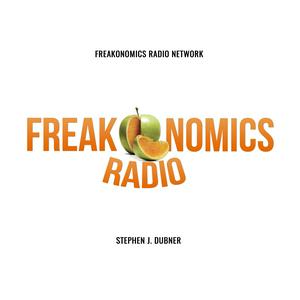The science says no, at least not in the athletic sense. But the psychic benefits can be large — just ask former N.F.L. star Ricky Williams. He says athletes should consider cannabis a healing drug, not a party drug. Even the N.F.L. is starting to agree. (Part two of a two-part series.)
SOURCES:Angela Bryan, professor, associate chair for faculty development in the department of psychology and neuroscience at the University of Colorado, Boulder.
Ricky Williams, former N.F.L. running back, founder of Highsman.
RESOURCES:"Using A Lab On Wheels To Study Weed From Dispensaries," by Science Friday (2024).
"Exercise-induced euphoria and anxiolysis do not depend on endogenous opioids in humans," by Michael Siebers, Sarah Biedermann, Laura Bindila, Beat Lutz, and Johannes Fuss (Psychoneuroendocrinology, 2021).
"Endocannabinoids mediate runner’s high," by Sudhakaran Prabakaran (Science Signaling, 2015).
"Cannabis and Exercise Science: A Commentary on Existing Studies and Suggestions for Future Directions," by Angela Bryan, Arielle Gilman, and Kent Hutchison (Sports Medicine, 2015).
Run Ricky Run, documentary (2010).
EXTRAS:"Is America Switching from Booze to Weed?" series by Freakonomics Radio (2024).
Hosted by Simplecast, an AdsWizz company. See pcm.adswizz.com for information about our collection and use of personal data for advertising.


